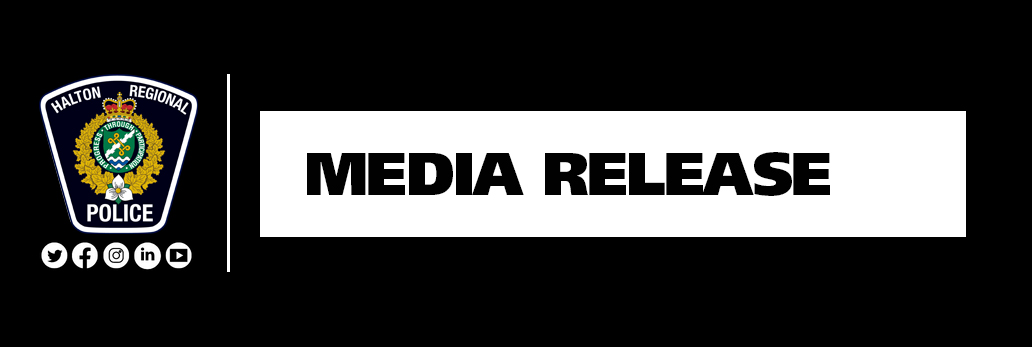
This International Overdose Awareness Day, the Halton Regional Police Service (HRPS) is releasing its year-to-date statistics and are reminding the public about the important steps they should take to help reduce the chance of experiencing a fatal overdose.
Rates of overdose and opioid-related harm continue to increase in Halton and nationwide. To date, HRPS officers have responded to more than 270 known or suspected overdoses involving either illicit substances, prescription drugs and/or over-the-counter medications. Close to half involved men and women between the ages of 18 and 34. Sadly, 28 people (of all ages) did not survive.
Each of these overdoses is a preventable tragedy.
“Ensuring the safety and well-being of those we serve is of paramount importance to us,” said Inspector Dave Costantini, who leads the Service’s internal Overdose Coordination Group. “We remain committed to an evidence-based harm reduction approach to the overdose crisis facing Halton Region, and we are here to help.”
In recognition of this day, and as part of ongoing efforts to educate members of the public about harm reduction, the HRPS has released a new public service announcement across its social media platforms (X (formerly Twitter), Facebook, and Instagram). The video, which is also available here, covers a number of important topics. Some of these include:
Knowing the signs: Difficulty walking, talking, or staying awake, blue lips or nails, very small pupils, cold and clammy skin, dizziness and confusion, extreme drowsiness, choking, gurgling, or snoring sounds, slow, weak or no breathing are all indicators of an overdose.
How to respond: An overdose is a medical emergency. Administer Naloxone if you have it and call 9-1-1 right away. Frontline police officers and other first responders in Halton carry and are trained to administer this life-saving first medicine. In fact, HRPS officers and others have done so more than 60 times so far this year.
Did you know? The Good Samaritan Drug Overdose Act, which became law in 2017, provides legal protections for anyone seeking emergency support during an overdose, including the person experiencing the overdose. No one – whether they stay or leave the scene – will be charged for offences such as simple possession or breach of conditions regarding simple possession of controlled substances for summoning help.
Safer use: Never use alone or at the same time as another person. Always carry Naloxone, which can temporarily reverse an opioid overdose until the individual can be transported to hospital for treatment. These vital first aid kits are available free-of-charge and no questions asked at Halton Region Harm Reduction Services (Exchange Works), Halton Region Sexual Health clinics, Central Lock-Up, and most pharmacies.As the quality of street drugs is unpredictable and any drug can be cut with (or contaminated by) other agents or drugs which can be fatal in very minute amounts, go slow. Know your tolerance and always use a small sample of a drug first to check its strength.
Due to the possibility of opioid contamination or poisoning, it is recommended that Naloxone be used in all suspected drug poisonings.
Download the App: As an added measure of safety, download and install the Brave App, which is available for iPhone and Android devices. It connects people at risk of overdose with help they need: an ally to talk to, a human supporter to stay safe, and digital monitoring technology to help when someone is in danger. The Brave App is not a substitute for calling 9-1-1.
These tips, and additional resources, are also available on our website.
*Note: This data should be considered preliminary and is subject to change.
Media Inquiries:
Halton Regional Police Service
Media Relations
Phone: 905-825-4777 ext. 4899
Email: corpcomm@haltonpolice.ca
 I Want To
I Want To





 Subscribe to this Page
Subscribe to this Page